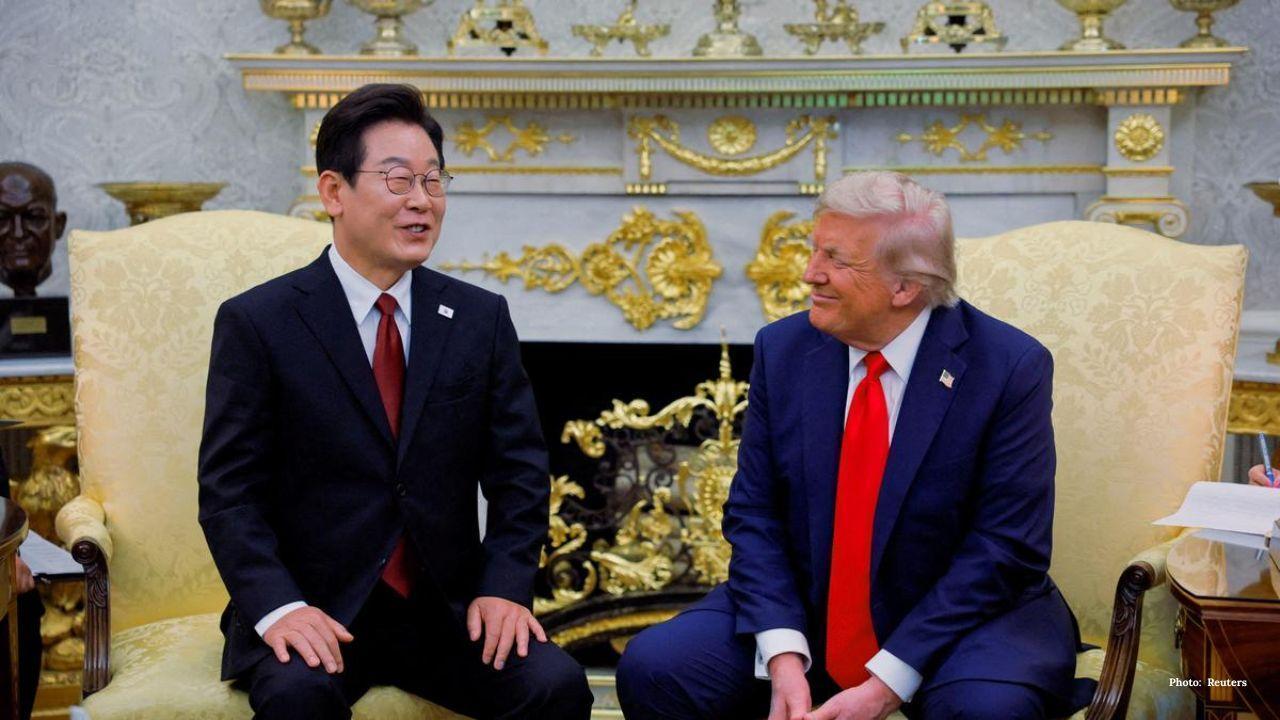
Post by :
South Korea’s president, Lee Jae Myung, has warned that his country’s economy could collapse if it accepts the current trade demands of the United States without strong protection measures. He compared the possible situation to the financial meltdown of 1997, which left South Korea seeking emergency help from the International Monetary Fund.
Lee explained that South Korea and the U.S. reached a verbal deal in July. Under this agreement, Washington would lower tariffs on South Korean goods, while Seoul would invest $350 billion in America. However, both sides have not signed the deal yet because there are disputes about how exactly the money would be handled.
Lee said if South Korea is forced to move $350 billion in cash to America without any financial safety nets, it would shake the Korean market badly. That is why Seoul is asking for a currency swap with Washington, which would help stabilize the won, the national currency. Without such a mechanism, Lee believes the Korean economy could face the same difficulties it saw almost three decades ago.
U.S. Immigration Raid Adds Tension
Another issue creating stress in relations is the large U.S. immigration raid at a Hyundai battery plant in Georgia. More than 300 South Korean workers were arrested over alleged visa violations, with many photos showing them handcuffed. The images sparked anger in Korea and raised questions about whether South Korean companies should continue investing in the U.S.
However, Lee said the raid would not break the alliance between the two nations. He praised U.S. President Donald Trump for offering a compromise that allows the workers to remain. Lee insisted that the raid was not personally directed by Trump but was due to overly aggressive law enforcement. He added that Washington has apologized and promised to work on fairer measures in the future.
Stumbling Block in Trade Talks
Lee said trade talks are moving slowly because the U.S. wants to control where the Korean investments will go. Trump himself has said the money will be “selected” and directed by Washington, meaning South Korea would have little say.
Seoul, on the other hand, wants to ensure the money is used in commercially viable projects and not given as free support. A senior policy adviser in Lee’s office earlier stated that Korea had already built safeguards to reduce financial risk, but U.S. negotiators are still not satisfied.
Commerce Secretary Howard Lutnick recently compared South Korea’s situation to Japan, which already signed a trade deal with America. He said Korea should follow Japan’s example or face tariffs. But Lee pointed out that Japan has advantages South Korea does not — larger foreign currency reserves, its own international currency (the yen), and an active swap line with the U.S.
For now, the biggest obstacle is creating a detailed plan that both sides trust will be fair and safe for investment. Lee believes both countries must find a rational solution because they are long-term allies.
Security and Regional Tensions
Aside from trade, Lee also spoke about defense issues. South Korea hosts about 28,500 U.S. soldiers, and while Lee agrees Seoul should pay more for its own defense, Washington wants to keep the security and trade talks separate.
On relations with North Korea, Lee said he does not see much hope for talks right now, since Pyongyang has rejected Seoul’s proposals. He encouraged Trump to meet again with North Korean leader Kim Jong Un at an upcoming Asia-Pacific summit hosted in South Korea.
Lee expressed concern over North Korea’s growing military cooperation with Russia and the close relationship between Pyongyang, Moscow, and Beijing. He said this alignment creates a dangerous situation for South Korea, as it risks becoming the frontline in a global power struggle between democratic countries like South Korea, Japan, and the U.S., and socialist states like China, Russia, and North Korea.
He stressed that the region is caught in a cycle of military build-up and rising tensions. To avoid disaster, Lee said all sides must find an “exit ramp” to peace and focus on coexistence rather than confrontation.
Upcoming Visit to New York
President Lee will travel to New York, where he will speak at the United Nations General Assembly. He will also make history as the first South Korean president to chair a meeting of the UN Security Council. His office confirmed that trade negotiations will not be on the official agenda during this trip, and no meeting with President Trump is currently planned.
Lee said his goal in the U.S. is to show the world that “democratic Korea is back” after political turmoil in Seoul, where his conservative predecessor was removed from power and jailed. He wants to restore global trust in South Korea while protecting his country from economic and security risks.
South Korea economy
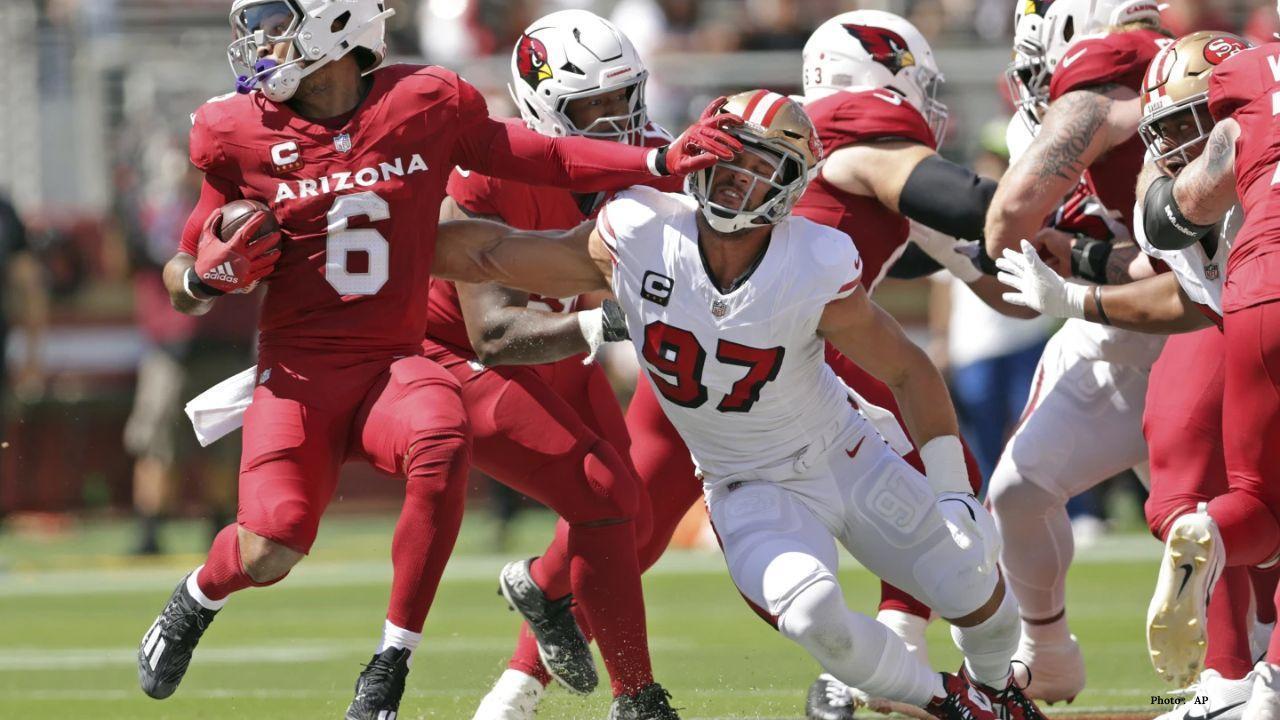
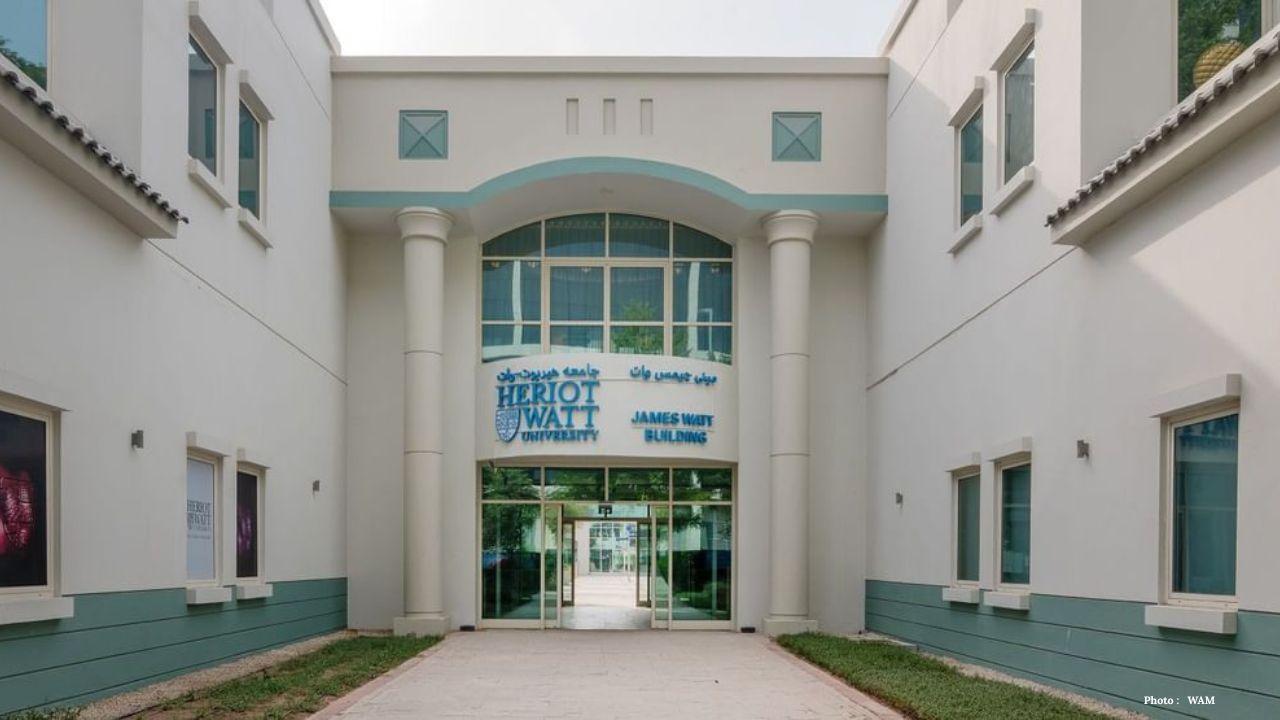
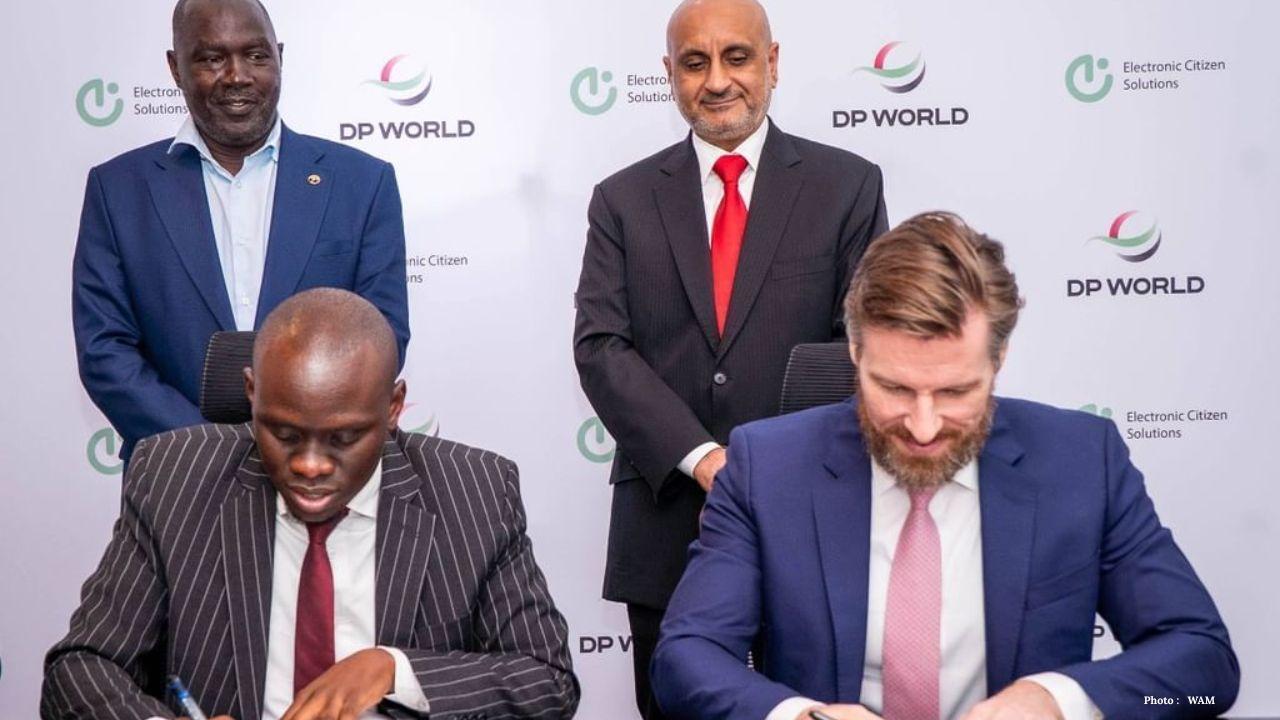
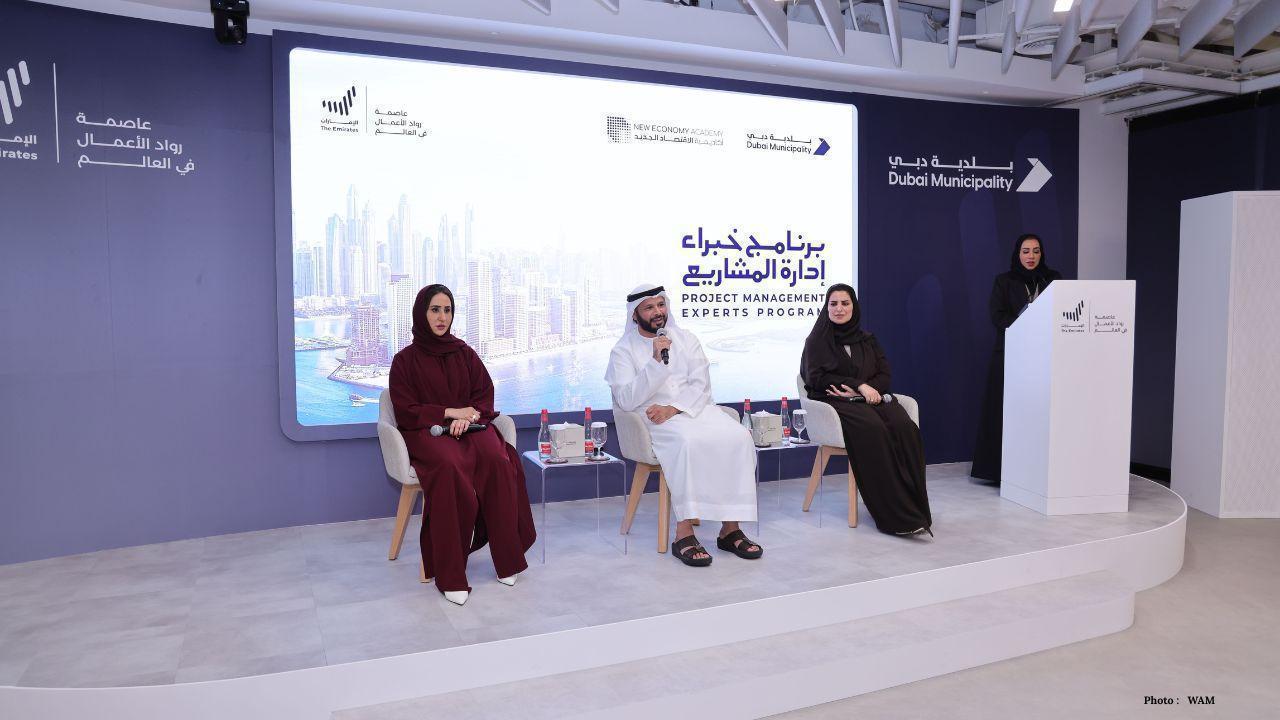
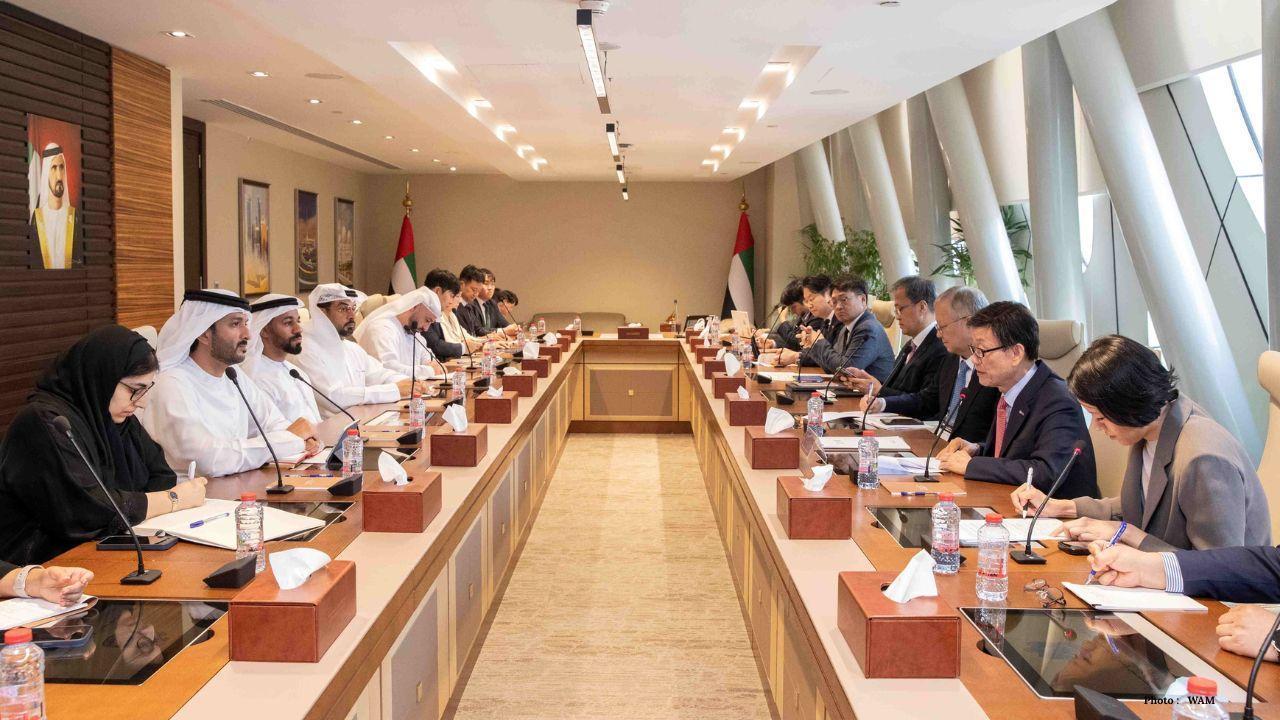


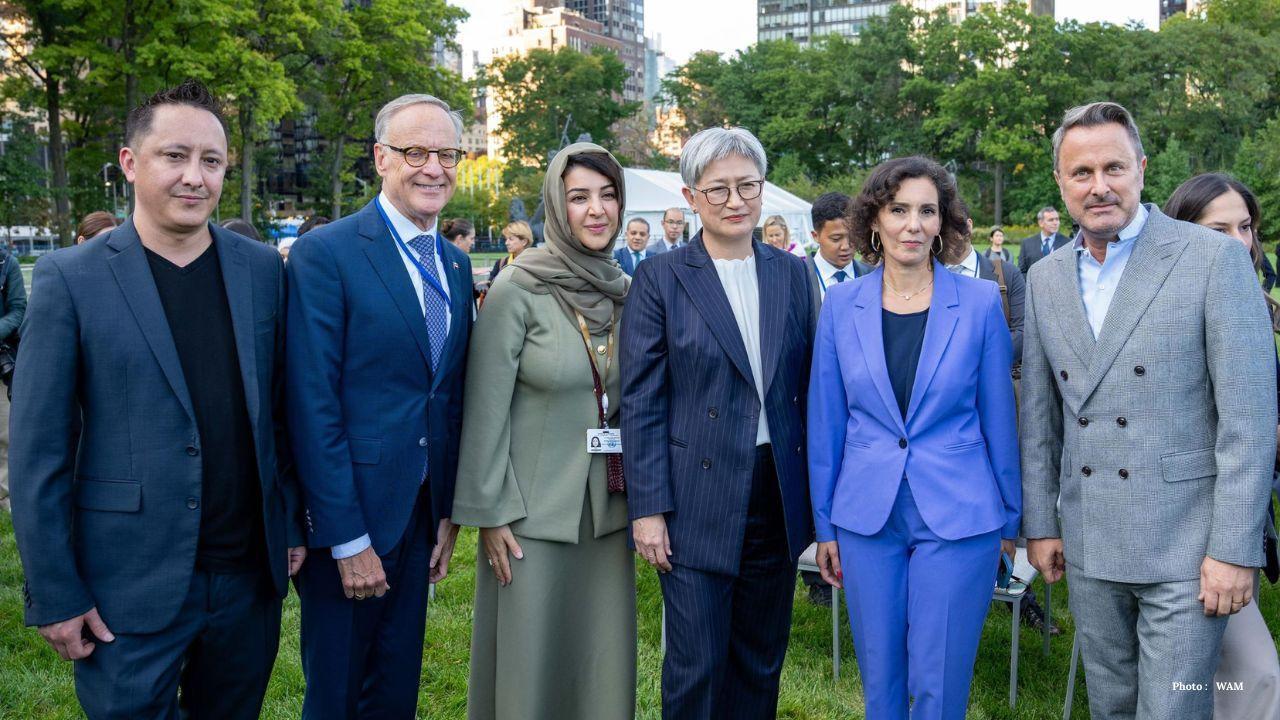
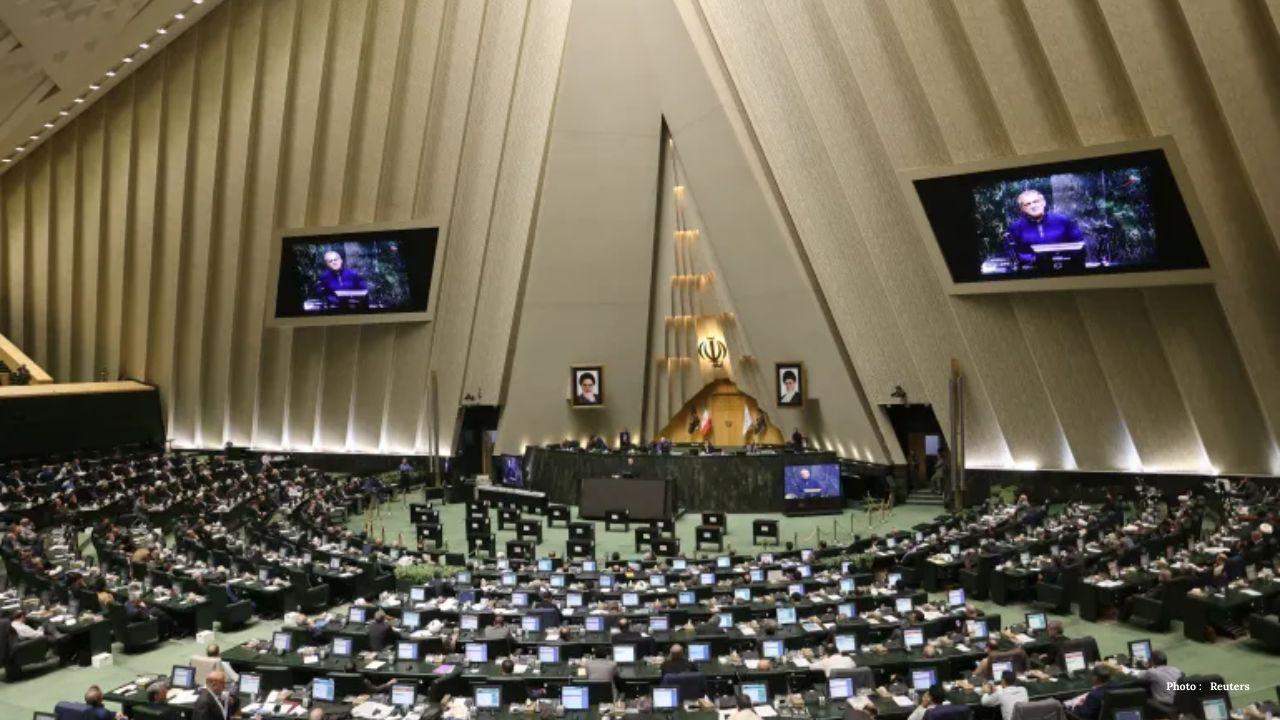

San Francisco 49ers’ Nick Bosa Out for Season with ACL Tear
Nick Bosa tore his ACL ending his season. Key defensive star lost, Niners will rely on rookies and v

Heriot-Watt Dubai to Host Social Capital 2026 Conference
Global experts will gather in Dubai from 26–28 March 2026 to discuss social capital and its role in

DP World Launches Smart Digital Customs in Kenya
DP World teams up with Kenya’s eCitizen to introduce CARGOES Customs, making trade faster safer and

UAE Sees Surge in Korean Companies Growing as Key Business Hub
UAE now hosts nearly 1,300 Korean firms, boosting trade, tech, AI, and energy ties between the UAE a

Arab Youth Driving Creativity and Innovation
Study reveals Arab youth value language and identity, aim for creative careers, and see UAE as top h

Abu Dhabi Launches First AI & Robotics Joint Lab with NVIDIA
Abu Dhabi's Technology Innovation Institute partners with NVIDIA to launch the Middle East’s first l